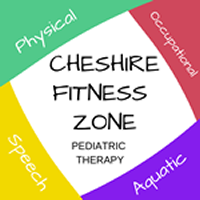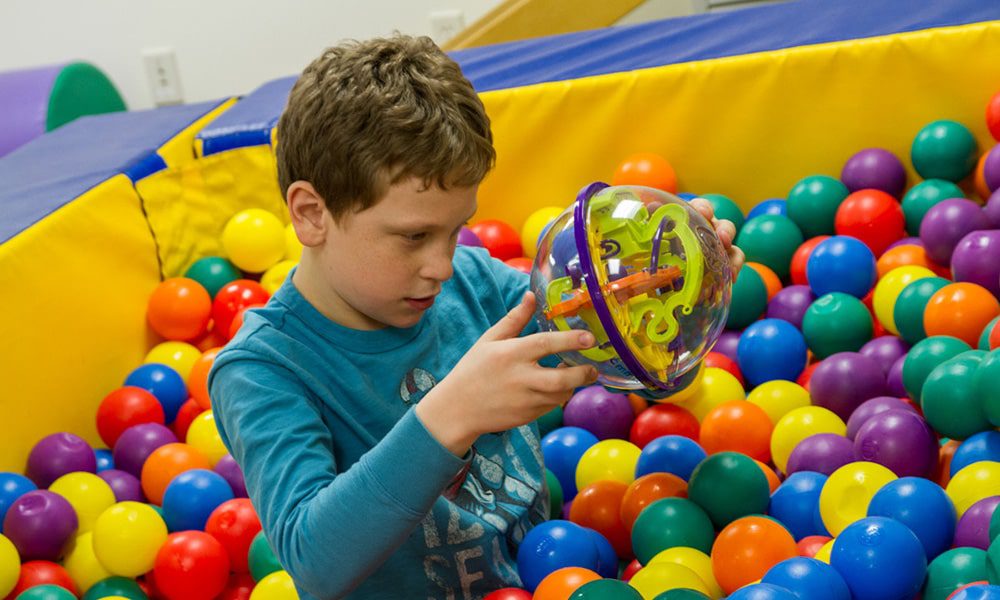Physical therapy is more than just a therapy used for rehabilitation after an accident or injury. It spans a whole lot of other purposes including treatment for cerebral palsy, chronic pain, torticollis, spectrum disorders, spina bifida and neurological impairments among others. Physical therapy can be very tedious for you and your child and even the therapist too. You should not fret though. There are ways on how you can make your child respond to physical therapy on a more positive note.
Start by sitting down with an expert
As mentioned, physical therapy for your child can be a tedious process. Physical as the sessions will be, expect pain that will cause the child to back out from the whole idea. When this happens, the goal of the therapy will not at all be achieved. This is why it is advised that you sit down with experts but do not forget to bring your child along with you. Your child should also hear why he needs to go through these sessions. The experts will certainly brief you with what you should expect once the therapy takes place. If there are sensitive things that your child should not hear, therapists will talk to you about him.
Developing a plan
Each case varies between one child and another and devising a definite plan will help your child respond to the therapy. These plans are created by therapists and went through a certain process to suit your child’s needs. Consider them as carefully-crafted and best for your child’s immediate response to treatment. The more carefully planned the treatment is, the faster his recuperation will be for whatever it is that needs to be treated.
Involve everyone who is concerned with your child’s life
There are many different environments your child faces on a daily basis. At home, he has to deal with you as a parent and he also has to communicate with his siblings should he have one. From home, he also goes to school. There, he will meet his friends, teachers and even school administrators at some instances. All these people, including you should be involved in the physical therapy plan. Since he deals with all of you every day, you should make it a point to involve his siblings and everyone in school about what he is going through. Discuss with them the type of care he needs for better response to the therapy.
Get his feedback
Your child is the patient in this regard. He being the primary concern makes him eligible for giving feedback. Getting his feedback would mean better opportunities for him to open up about his feelings specifically about how he sees the entire procedure. You can actually consult him after every session then use his feedback to relay your thoughts to his therapists.
There are many ways to make your children more responsive to physical therapy treatment. Start with what has been mentioned above. Make sure that at the end of the day, or at the commencement of these sessions, your child will be able to benefit from the procedure.



